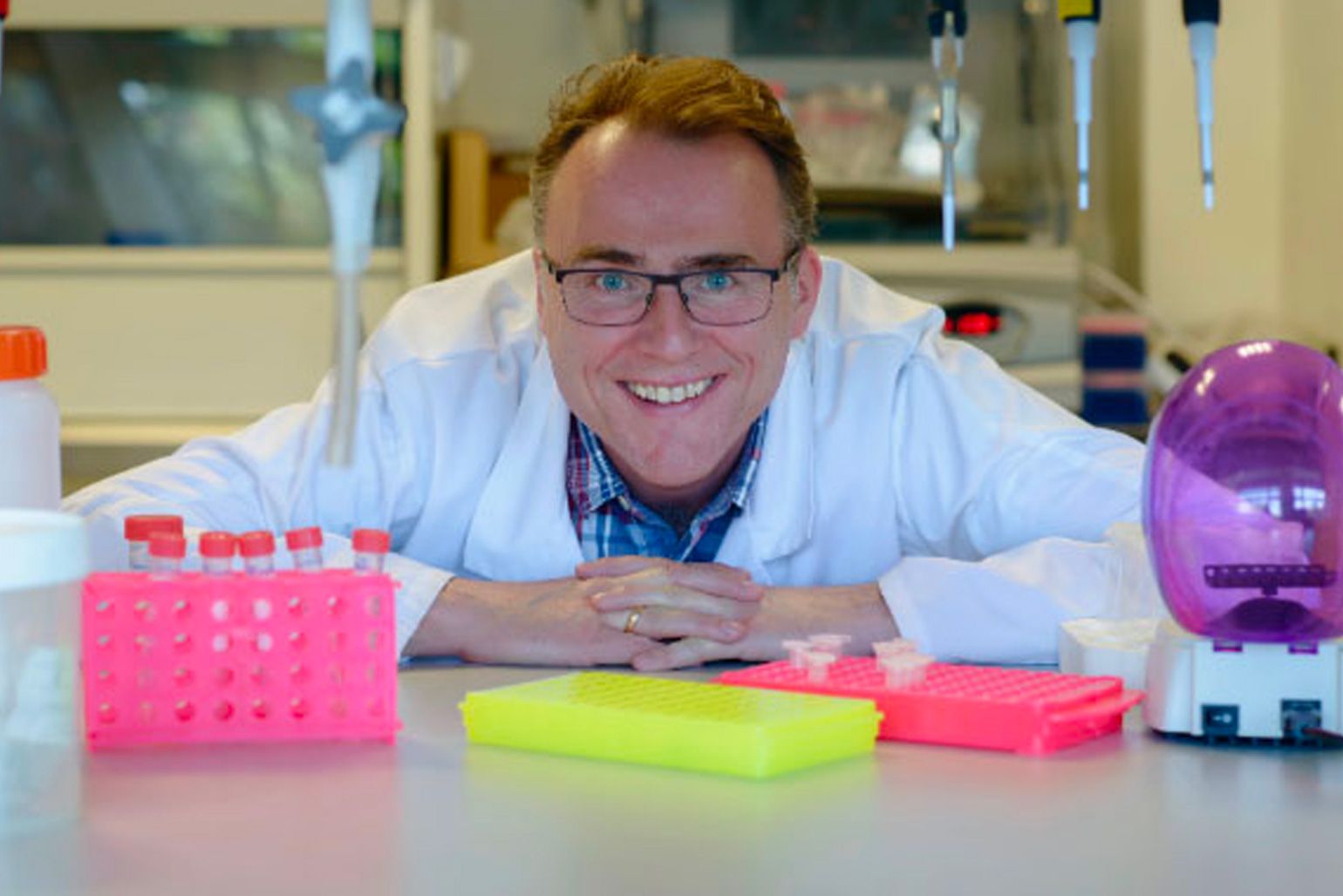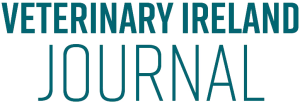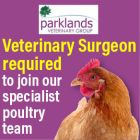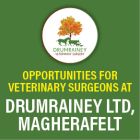UCD Research - December 2024
The value of resilience
In his research career, Professor Steve Gordon, Professor in Infection Biology at the UCD School of Veterinary Medicine, has learned the importance of patience and resilience
In association with


Professor Steve Gordon.
Professor Gordon admits he never had a career masterplan. “I’d love to be able to say that I had some masterplan; but I didn’t. Instead, I’ve just been lucky to pursue ideas that interested me, in great places, with fantastic people.”
Steve grew up in Derby in the British Midlands, a staunch Derby County fan: “My parents moved back to Ireland in the late 1970s, so I added Mayo to my footballing allegiances. Following both teams has given me plenty of good times, but also taught me the value of resilience in the face of (repeated) disappointment; perfect training for the ups and downs of scientific research!”
He went to UCG, University College Galway (as it was then known) to do a BSc: “After graduation, I started a PhD in UCG on antibiotic resistance. However, after a couple of months my supervisor, Pete Smith, came to me one evening in the lab looking very grim…the grant that was going to fund my work had been rejected, so no more PhD. It took me a while to process what this meant; no funding…no PhD.”
Starting again
Looking back Steve realises it was his introduction to the fickle nature of research funding: “I dusted myself off, looked for a new option, and started a PhD the following year with Peter Andrew at the University of Leicester. My PhD was on mycobacterial genetics, an area that I have worked on for over 30 years. That must show that I love mycobacterial research…or that making any progress is a long process. I suppose it’s a mix of both.”
Steve’s mycobacterial research work has not always gone smoothly, an example was his PhD project to clone the ‘catalase’ gene from Mycobacterium tuberculosis, the TB pathogen. “About a year into my PhD, I was scooped by researchers from London and Paris who cloned the gene. I couldn’t get a PhD on something that had already been published. But I had time on my side; I switched to working on mycobacterial gene expression. And I had learned an important lesson; if you can’t beat them, join them. So, once my PhD was over, I pursued my postdoctoral research in the group of Stewart Cole at the Institute Pasteur in Paris who had been the senior author on the catalase paper that had scooped me.”
Steve’s time in Paris was wonderful: “Stewart Cole’s group was collaborating with the UK Sanger Centre to sequence the entire genome of M. tuberculosis. We were in a race with a US group. But luckily, we made it to the finish line first. And outside the lab, I met my future wife in France, so those days always have a special place in my heart.
Making a difference
Growing up in the Mayo countryside, Steve was well aware of the toll of TB lockdowns on neighbouring farms: “I often wondered how I could apply esoteric bacterial genetics to making a difference back home. When I finished in Paris, I was lucky that an opportunity came up to work on bovine TB with Glyn Hewinson’s team at the Veterinary Laboratories Agency (VLA) in Surrey. I learned so much in VLA about goal-oriented research and interacting with policy makers as well as basic scientists.
“I was very happy in VLA, it was a wonderful group to work in, and we lived close to London, so another super city. But in my heart, I always wanted us to live in Ireland, a feeling that became stronger once our son was born. I would often buy The Irish Times on trips in and out of London to keep up with the news back home, and in one of those editions came across an advert for new academic appointments in University College Dublin. I realised that this was the opportunity that I’d been looking for; I applied, and here I am today. “
Summing up, Steve believes his research path has been rewarding: “I’ve been so lucky to live in different places, and work with so many fantastic people. And that’s been the most rewarding part – the people that I’ve been lucky enough to work with during my travels and here in UCD. Helping early career researchers in my group to start on their own scientific journeys brings things full circle for me.”
In association with










